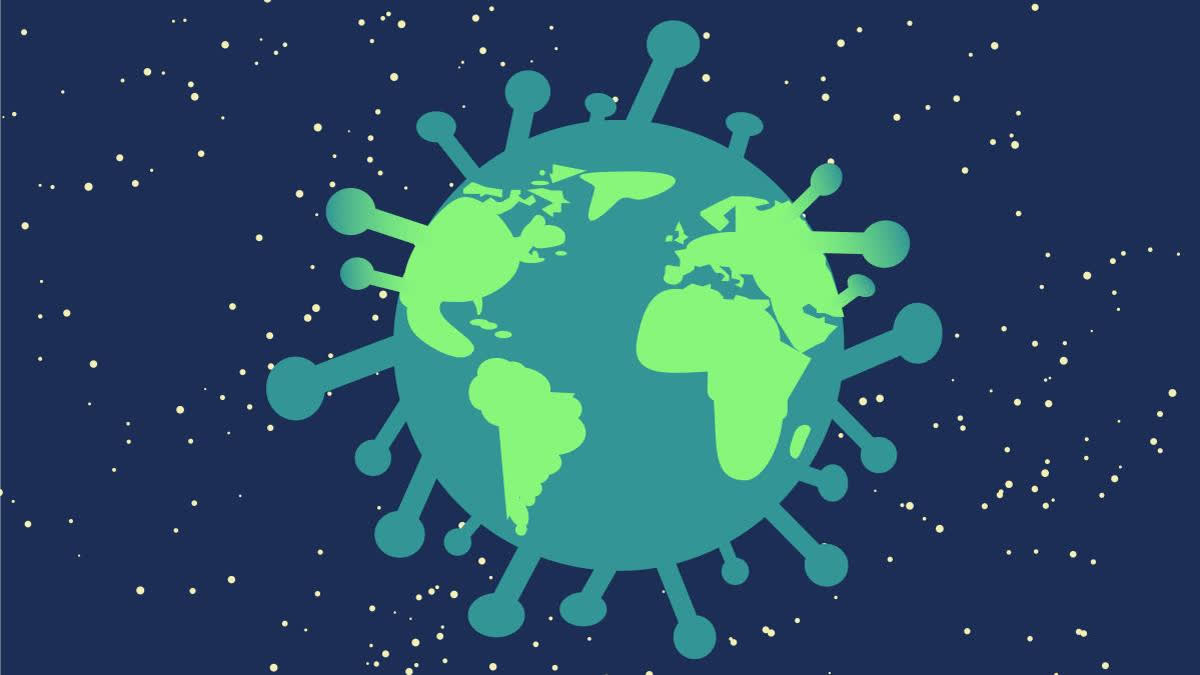Vancouver (Canada): When the World Health Organization formally declared an end to the COVID-19 pandemic's designation as a Public Health Emergency of International Concern (PHEIC), it may seem to have hadlittle, if any, perceivable impact on the daily lives of most people. However, it would be a mistake to assume that this is a mere formality. A PHEIC, like the one adopted for COVID-19 on Jan. 30, 2020, is declared if a public health event is determined to constitute:
- an extraordinary event;
- a public health risk to other states through the international spread, and
- potentially requiring a co-ordinated international response.
Under the International Health Regulations (IHR) a legally-binding agreement which commits governments to certain actions when responding to the international spread of disease the declaration of a PHEIC permits the WHO to issue temporary recommendations to national governments to support a co-ordinated and effective global response to such events.
A PHEIC means the WHO is sounding the loudest possible alarm to national governments to act together with urgency. A total of seven PHEICS have been declared since the IHR took effect in 2007: H1N1, Ebola, Polio, a second Ebola outbreak, Zika, COVID-19 and Mpox. However, the heightened state of emergency under a PHEIC is not meant to be sustained indefinitely. The recommendations are temporary and require review every three months.
Significance of the end of the COVID-19 PHEIC:The lifting of PHEIC status for COVID-19 is significant for two reasons. First, ending the emergency stands down the WHO's formal authority to guide national COVID-19 policies. While the acute phase of the pandemic appears to have passed, this must still be balanced with continued response efforts aligned with the ongoing risk posed by the ever-evolving SARS-CoV-2.
Moreover, the phrase no one is safe until everyone is safe may have become a familiar tagline during the pandemic. Yet, many people, mostly in low- and middle-income countries, still struggle to access COVID-19 vaccines, diagnostics and treatments. Others, such as the immuno-compromised, remain subject to severe health outcomes. With the impact of COVID-19 continuing to disproportionately affect vulnerable populations worldwide, the pandemic remains far from over.
Second, the standing down of the PHEIC declaration is accompanied by an understandable desire and necessity to move on from COVID-19 after three difficult years. Many high-income countries have been steadily returning to pre-COVID-19 life. However, the critical and challenging process of learning lessons from the pandemic let alone addressing the shortcomings in the global response to COVID-19 has just begun. Governments must ensure that moving on does not mean losing the opportunity to capture critical insights that will determine the effectiveness of future pandemic preparedness and response.
Also read:Low vitamin D levels can increase long Covid risk: Study
